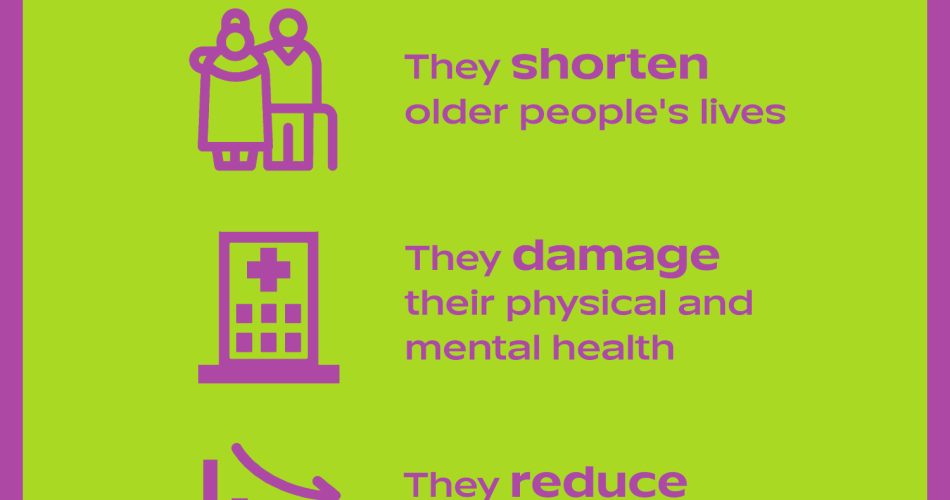Society is a complex web of interactions, and every action, decision, and policy has consequences that ripple through communities, affecting individuals and groups in various ways. These societal costs can manifest in numerous forms, impacting economies, well-being, and the environment. In this blog, we’ll delve into the concept of societal costs, explore some key areas where they are evident, and discuss the importance of addressing them for a more equitable and sustainable future.
What Are Societal Costs?
Societal costs refer to the broader impacts and consequences that certain actions, behaviors, or policies can have on society as a whole. These costs go beyond immediate financial considerations and encompass various dimensions, including economic, social, environmental, and cultural aspects.
Examples of Societal Costs
- Environmental Degradation: Industries and practices that prioritize short-term profits often lead to environmental degradation. The societal costs of pollution, deforestation, and climate change include health problems, displacement, and loss of biodiversity.
- Healthcare: The state of public health has far-reaching societal costs. Poor access to healthcare, unhealthy lifestyles, and inadequate preventative measures can strain healthcare systems, leading to increased medical costs and decreased quality of life.
- Education: Insufficient investment in education can hinder a society’s long-term progress. The societal costs of limited access to quality education include reduced economic opportunities, increased crime rates, and decreased innovation.
- Inequality: Economic and social disparities have profound societal costs. These include reduced social cohesion, increased crime rates, and impediments to overall economic growth and stability.

